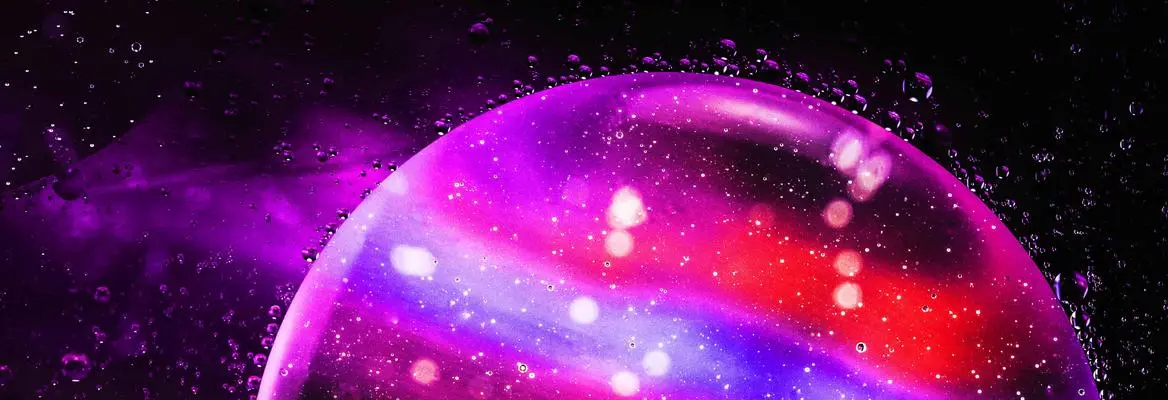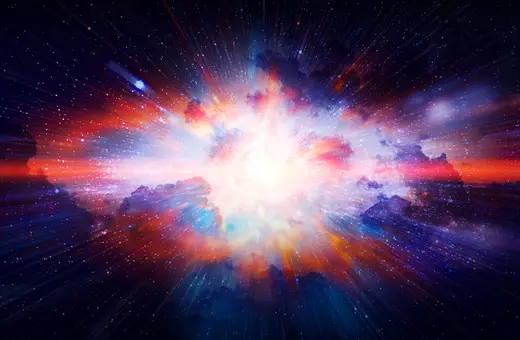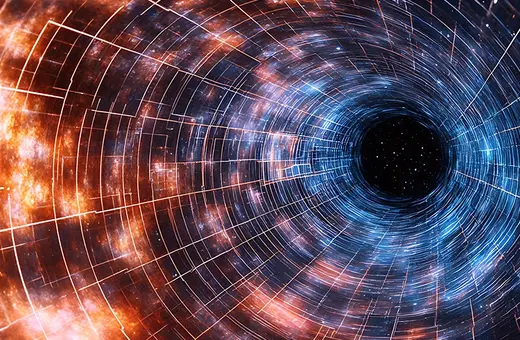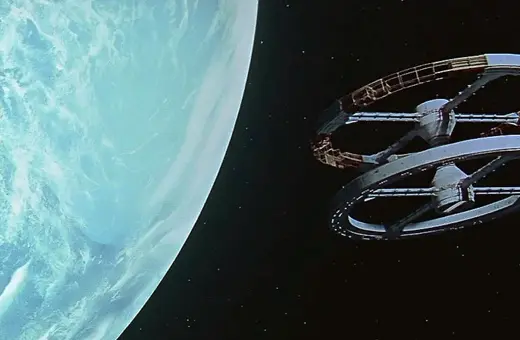The cosmic inflation hypothesis is needed for the Big Bang model to work, but in its current form, it remains a mere hypothesis, unable to be falsified. A new proposal for how it could be put to the test could result in overthrowing the Big Bang model altogether, opening up new possibilities regarding the origins of the universe, argues Avi Loeb.
Scientific theories often require tweaking to fit the data, but sometimes when those tweaks are big enough, they end up becoming theories of their own. The biggest tweak to the Big Bang model has been the introduction of the cosmic inflation hypothesis. According to this theory, the universe went through a phase of exponential expansion soon after its coming into existence. The only problem is, we can’t seem to test this theory. In the language of philosopher of science Karl Popper, cosmic inflation doesn’t appear to be falsifiable.
That might be about to change. In a recent paper, Sunny Vagnozzi and I propose a way of testing the cosmic inflation hypothesis. By developing detectors that search for the thermal gravitational wave background created 10-43 seconds after the Big Bang - the smallest possible fraction of time - we could put the hypothesis to the test. Detection would mean the falsification of the cosmic inflation hypothesis and, by extension, a challenge of the Big Bang theory and a radical transformation of our understanding of the origins of the cosmos.
According to the standard cosmological model, there is a relic from the event of the Big Bang called cosmic microwave background, and it accounts for a percentage of the static noise visible as “snow” in old-fashioned, analogue TV sets. The photosphere that last scattered this radiation, 400,000 years after the Big Bang. This spherical surface that last scattered the radiation around us marks the boundary of the transparent volume of the observable universe. We cannot see any farther. To give you sense of how far back in time we’re talking about, the first stars formed about a hundred million years later.
The actual edge of the observable Universe is at the distance that any signal could have travelled at the speed of light over the 13.8 billion years that elapsed since the Big Bang. As a result of the expansion of the Universe, this edge is currently located 46.5 billion light years away. The spherical volume within this boundary is like an archaeological dig centered on us: the deeper we probe into it, the earlier the layer of cosmic history that we uncover, all the way back to the Big Bang, which represents our ultimate horizon. What lies beyond the horizon is unknown.
Within the thin spherical shell between the Big Bang and the microwave background photosphere, the universe was opaque to light. Despite that, we have a way of probing into this layer. Neutrinos have a weak cross-section for interactions, and so the universe was transparent to them back to approximately a second after the Big Bang, when the temperature was ten billion degrees. The present-day universe should be filled with relic neutrinos from that time. And because the expansion of the universe cooled the neutrino background to a present-time temperature of 1.95 degrees above absolute zero, comparable to the 2.73 degrees of the cosmic microwave background, we can differentiate between the two.
___
The large flexibility displayed by numerous possible inflationary models raises concerns that the inflationary paradigm as a whole is not falsifiable
___





















Join the conversation